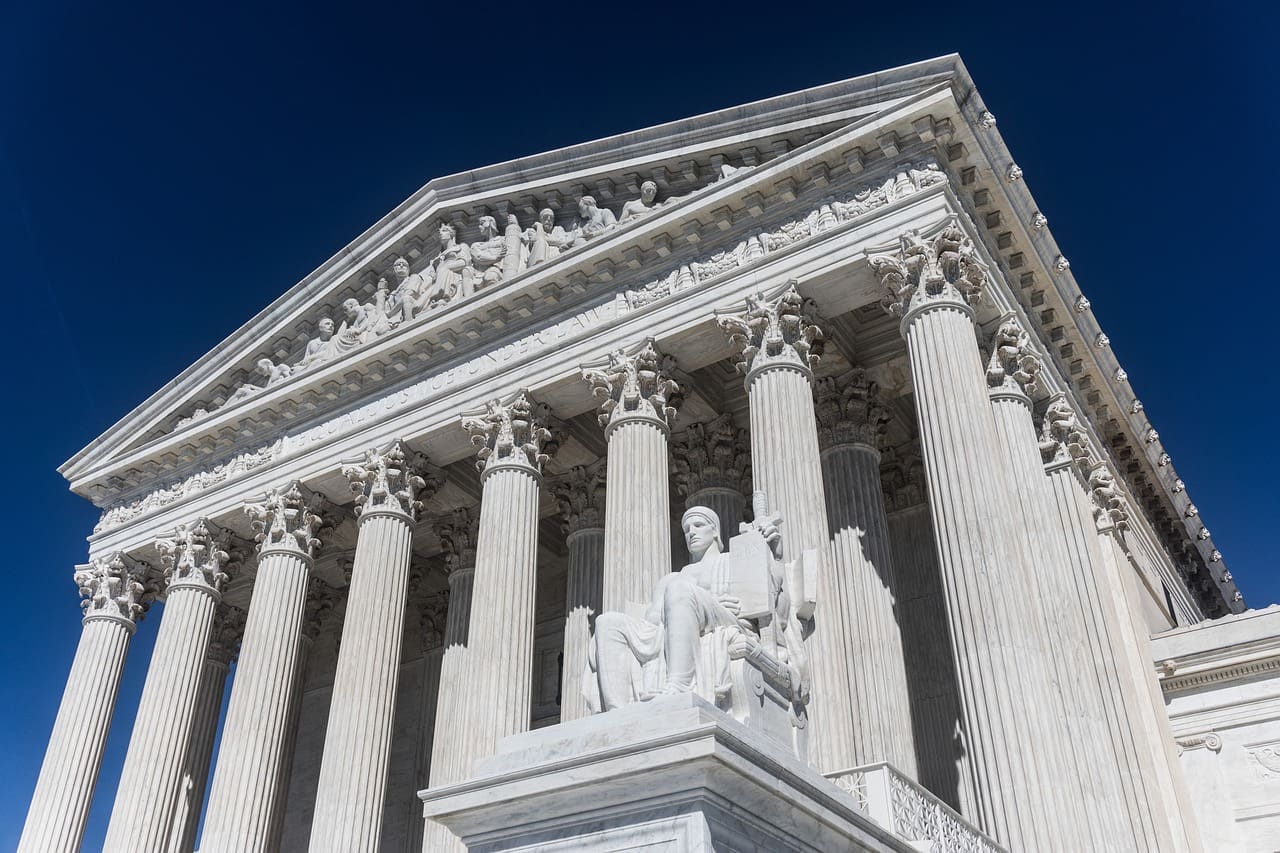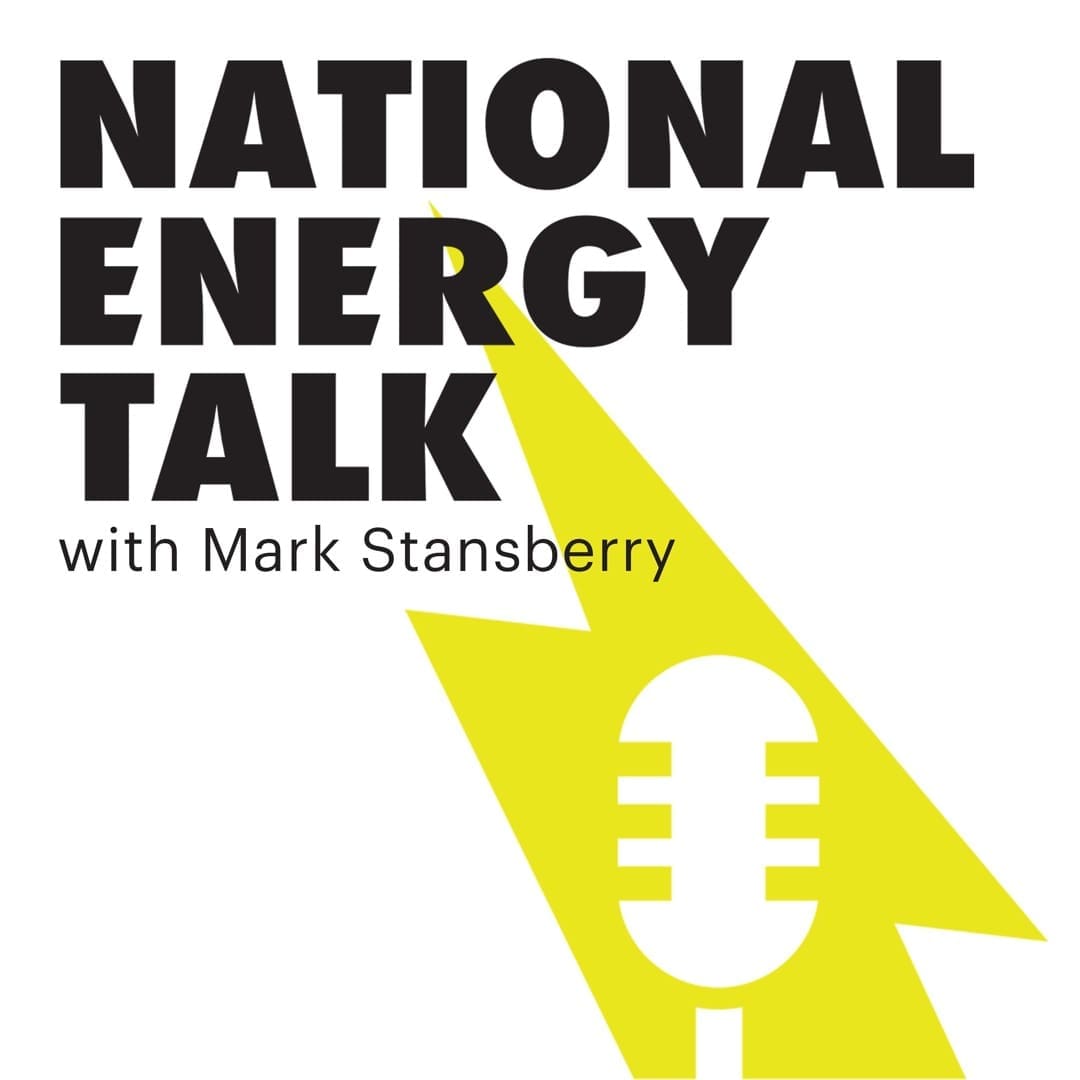The Senate Energy and Natural Resources (ENR) committee recently announced a massive win with a bipartisan vote of 15-4, pushing the Energy Permitting Reform Act forward. U.S. Senators Joe Manchin (I-WV) and John Barrasso (R-WY) introduced the legislation as a pathway to increasing domestic energy and mineral production while reducing energy costs endured by American citizens. Barrasso ratified the bill’s importance because it bolsters economic and national security and supports global partners in their quest to meet their own energy needs.
“After more than a year of bipartisan negotiations with chairman Manchin, we are now one step closer to getting the bipartisan Energy Permitting Reform Act signed into law,” said Barrasso. “Our bill is a true all-of-the-above energy policy – targeted, timely, and good for all Americans. I will continue to fight to get this bill signed into law and to unleash more affordable, available, and reliable American energy.”
The bipartisan bill concentrates on key components needing revision and improvement. Modifications are directed at judicial review and decrease timelines prior to, during, and after litigation on multiple federal authorization types. It established a 150-day statute of limitations starting on the date of the final agency action associated with a project and a 180-day deadline for federal agencies to act on remanded decisions.
While the leasing process has typically been plagued with red tape bureaucracy, the bill offers reform by accelerating leasing and permitting decisions for various onshore energy and mineral projects on federally owned land. Offshore energy should experience process ease as well. The bill requires the Secretary of the Interior to hold at least one offshore wind lease sales and an offshore oil and gas lease sale per year from 2025 to 2029.
According to the Energy Permitting Reform Act, provisions will be provided to reform the already established backstop, citing authority for interstate electric transmission lines and calls for interregional transmission planning. These components ensure that multiple regions will work together while allowing individual applicants to suggest projects of national interest.
While the globe embraces the energy transition and works to improve from previous shortcomings, electric reliability is another critical piece needing reform. The Machin and Barrasso bill requires FERC and NERC to study and evaluate future federal regulations that seriously impact power plants and offer formal advice to federal agencies regarding their influence on electric reliability.
Domestic LNG’s importance has continued to grow. The Energy Permitting Reform Act establishes a 90-day deadline for the Secretary of Energy to approve or deny export applications after conducting environmental reviews. If the Secretary fails to meet a deadline, the project will automatically be approved. Hydropower received a slight address in the bill, and verbiage indicates FERC will be allowed to extend construction startup deadlines for some existing hydropower licenses.
“The United States of America is blessed with abundant natural resources that have powered our nation to greatness and allow us to help our friends and allies around the world,” said Chairman Manchin. “Unfortunately, today our outdated permitting system is stifling our economic growth, geopolitical strength, and ability to reduce emissions. After over a year of holding hearings in the Senate Energy and Natural Resources Committee, thoughtfully considering input from our colleagues on both sides of the aisle, and engaging in good faith negotiations, Ranking Member Barrasso and I have put together a commonsense, bipartisan piece of legislation that will speed up permitting and provide more certainty for all types of energy and mineral projects without bypassing important protections for our environment and impacted communities.”
Manchin added, “The Energy Permitting Reform Act will advance American energy once again to bring down prices, create domestic jobs, and allow us to continue in our role as a global energy leader. The time to act on it is now.”
Nick Vaccaro is a freelance writer and photographer. In addition to providing technical writing services, he is an HSE consultant in the oil and gas industry with twelve years of experience. Vaccaro also contributes to SHALE Oil and Gas Business Magazine, American Oil and Gas Investor, Oil and Gas Investor, Energies Magazine and Louisiana Sportsman Magazine. He has a BA in photojournalism from Loyola University and resides in the New Orleans area. Vaccaro can be reached at 985-966-0957 or [email protected].







